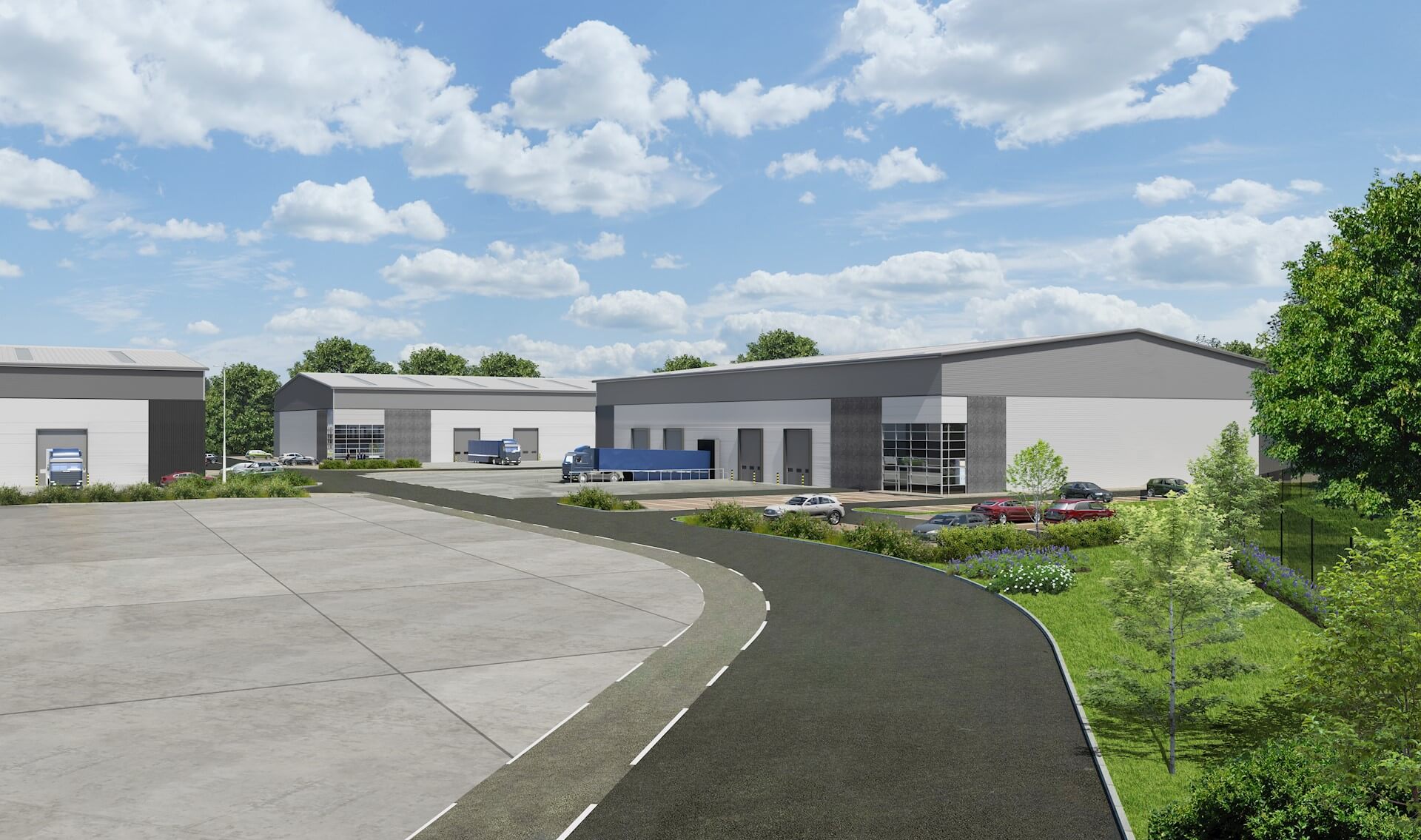The e-commerce boom is real. While the death of the high street has been greatly exaggerated, it is true that online shopping is becoming increasingly common and a mainstay for businesses of all types, even those that also have retail property.
The UK is a particularly strong e-commerce market. It is estimated that more than 80% of adults in this country buy items online each year. Our e-commerce market account for 30% of all retail items sold each year and the compound annual growth rate of the industry is projected to be 8.4% each year to 2027.
A market of this size needs a substantial amount of infrastructure to operate. Reliable transport and logistics is one side of it, creating the system which gets products where they need to be. The other side is the physical infrastructure of industrial warehouse buildings.
No matter what you order online, before it gets to you it is stored and organised in an industrial warehouse facility. What effect will this have on the UK’s industrial property market?
Overall competition for space will grow
The first effect that the e-commerce boom will have on industrial property over 2024 and beyond is the simple need for more space. From the largest retailers like Amazon on down, e-commerce firms will need more space.
The Q3 2023 industrial property Marketbeat Report from Cushman & Wakefield shows that take-up is rising across the sector, with £2bn of transactions taking place across the quarter – an increase of 21.5% when compared to Q2 2023.
The report also notes that demand is so high that the availability of industrial and logistics space in the UK has peaked. As we enter 2024, this indicates that competition for properties is likely to grow, particularly in the Grade A space.
Location of space becoming all important
Alongside the need for more space, the e-commerce boom is likely to clarify a trend that has been emerging for some time. Consumers value fast deliveries at a reduced cost – a fact that defines many e-commerce business practices, including where they are based.
One way to ensure that you can reach the whole of the UK promptly is to spread your operation across a range of localised hubs which can serve their regions quickly, as opposed to having one giant central warehouse.
Angus Knights from parcelLab, a leading e-commerce fulfilment company, notes that: “We anticipate a rise in localised fulfilment centres to speed up delivery times and reduce costs. Furthermore, the customer’s desire for transparency and control will drive the adoption of real-time tracking and self-service options for delivery management. These trends collectively signal a more responsive, efficient, and customer-focused ecommerce logistics landscape in 2024.”
Regional centres which offer quick, convenient access to big markets will become a priority for many e-commerce firms who want great connectivity at a reasonable cost. Locations like Wrexham, Tyseley, Peterlee and Winnington are sure to become increasingly popular for that reason.
Sustainable spaces prioritised
E-commerce companies are coming under the microscope more than ever before as the impact of “fast fashion” and other instant delivery service sectors becomes more apparent. That will make it vital for these companies to reduce their environmental impact as much as possible and ensure they can build green supply chains for that all important last-mile sustainability.
One of the best ways to do so is to choose industrial and logistics property to rent that is built with sustainability in mind. Sites which can show high BREEAM ratings or which have made major eco-investments and upgrades will be in high demand from firms which need to demonstrate their ESG compliance on the one hand, and show their customers that they are dealing with their environmental impact on the other.
Are you an e-commerce business looking for the perfect industrial and logistics property to rent? Browse our availability today and get in touch with the team by clicking here.

